Meet Ann: And the small-cap stocks funding her retirement
Ann is hardworking and fearless. She's also wonderfully warm and frank. Having learnt the virtue of financial independence some 30 years ago, when very few women around her managed their money, she's adamant that the status quo is changing as younger generations of women take control of their investing journey.
Ann started working for a financial planning firm when her youngest started school. It was here that she started investing on her own. And while Ann notes she started off by just investing in safer blue chips, she since has developed a passion for taking a "punt" on smaller, up and coming stocks.
"I think as the younger generation of women come up, it'll be totally different," she says.
"Women are way more independent now, they are earning better money. There will be more women thinking, 'I can look after myself, I can do this myself, and I don't need a man to provide for me.' That's what I used to say to my daughters, 'You have to be able to stand on your own two feet.'"
She hopes, by sharing her story, that other women are inspired to give investing a go, or for more experienced female investors, to feel proud of what they have achieved and share their story of success with others.
In this Meet the Investor profile, Ann openly shares her journey to financial independence and success (including the companies that have helped her along the way), as well as some of the stocks and themes that excite her now.
Livewire investor profile
Name: Ann
Age: 65
Employment status: Retired
Years investing: More than 30 years
Investment goals: To provide for my grandchildren and fund retirement
Products used: ASX listed shares
Biggest portfolio holding: National Australia Bank (ASX: NAB)
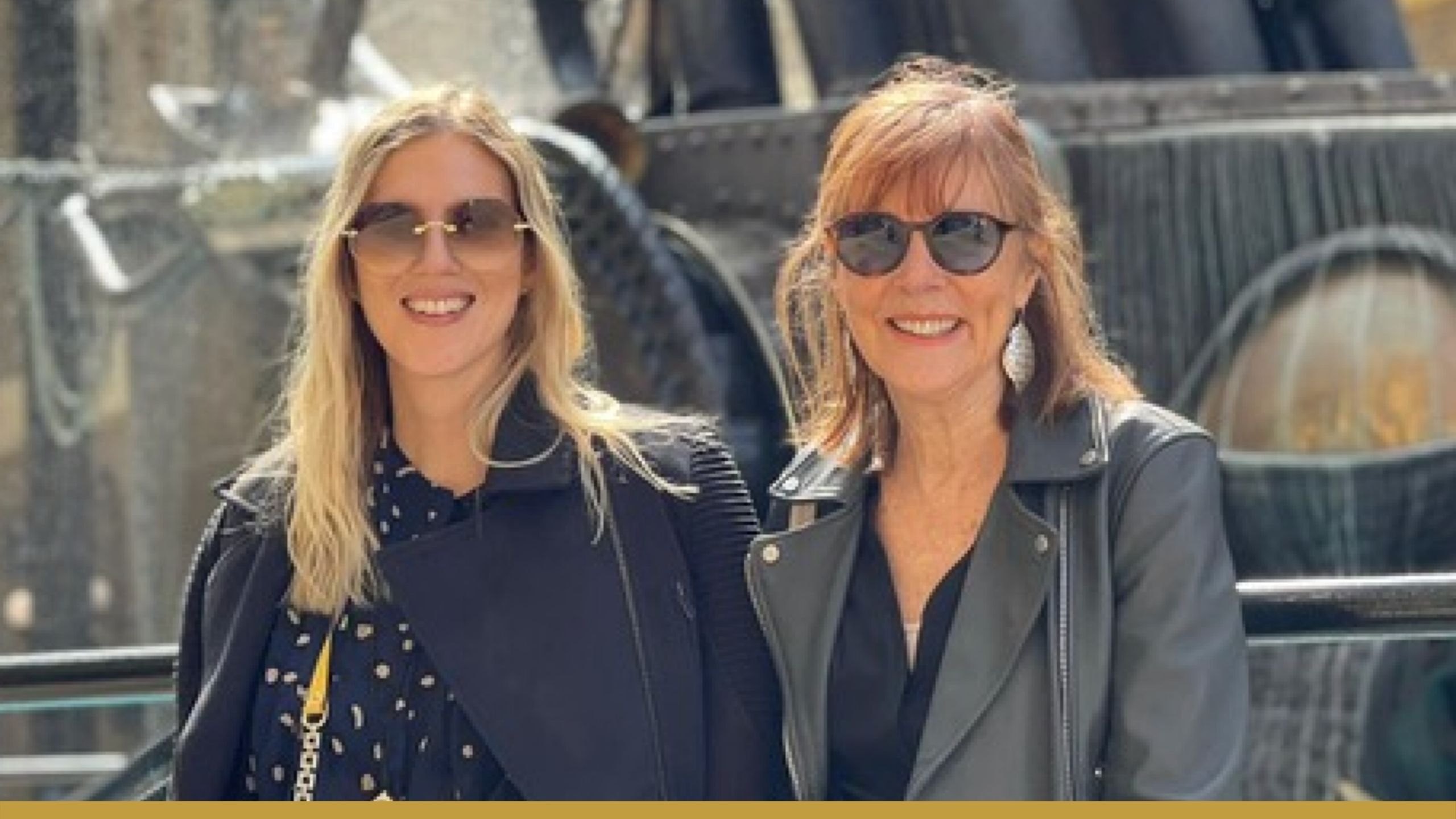.jpg)
How old are you and how long have you been investing?
I am 65 years old. I became interested in investing when I started working for a financial planning company when my youngest child started school - that would have been over 30 years ago.
When I started with the company, I didn’t even understand the financial jargon - it was a steep learning curve and has remained so. After working for the company for a few years, I decided to gain financial planning qualifications, initially for interest and later so that I had the opportunity to earn more money. By this time, I was a single mum and the extra earning capacity was a big incentive.
I decided to invest totally (I mean 100%) in Australian blue-chip shares. My reasoning was that the top 10 Australian blue chips are widely held and they all paid reasonable dividends. Together with the refund of the franking credits, the income was sufficient for me to live on and I thought that I could just sit back, have the income roll in, have modest capital growth, and enjoy my retirement without worrying too much about my portfolio. Wrong!
The first shock was the downturn in resources in early 2016. The next was the total underperformance of bank shares and Telstra (ASX: TLS) in favour of the new wave of growth stocks. I had bought into Afterpay (ASX: APT) but it was a small, insignificant proportion of my portfolio.
Probably the biggest perceived threat was the loss of franking credits. I knew that if franking credits were not refunded in SMSFs, then I would effectively lose 30% of my income.
I wrote to my local member, signed petitions, but ultimately I understood that I needed to change the focus of my portfolio, from just income to more capital growth.
What is your objective from your investing? What is your appetite for risk? Are you still working?
Even though I’m retired, I’m not concerned about having a high-risk portfolio. I can’t see the point of investing in cash or fixed interest. If I had had sufficient funds, I might have considered an investment property as well as shares, but there was not enough to go around. For now, I have around half my portfolio in companies that I don’t particularly have to worry about, at least for now, and the other half is in higher-risk smaller companies, where I am more likely to buy and sell short-term opportunities.
In the middle of the pandemic, when we were all at home, I suggested to my partner that we do some share trading to fill time. He lent me $50,000 as I didn’t want to sell anything in my own portfolio. But I understood I had to pay the capital back, so I did a little day trading, taking small profits. This was very entertaining, in the midst of the pandemic, and from those lows, it wasn’t difficult to make a small daily gain in most shares. That had me addicted, leading me to change my strategy again.
I then set aside a small proportion of funds purely for short-term trading. It gave me a different insight into where money was going. I had my watch-list, I watched volumes, I kept a close eye on announcements. This is basic stuff for fund managers but for me it was looking at the market in a different way – and I haven’t looked back since then.
What products do you use to execute your strategy?
I hold 100% Australian shares. I know I should have more international exposure but I have zero. When the Australian dollar was very high against virtually all other currencies after the GFC, I knew I should increase my international exposure, but I was so dependent on dividend-paying shares that I never got around to it. That was a mistake.
How would you describe your strategy?
I have around 55% of my portfolio in large-cap blue chips. The balance is in smaller companies, some that I have held for a while and some that I see as trading stocks.
I buy smaller companies according to my interests and where I see (and hope) the world is heading. I am a bit of an old “greenie” so I’m really interested in new technologies that can operate smarter and cleaner.
I like biotechnology and some of the incredible advances being made there, along with regenerative agriculture. I believe in the need for an energy transition, but there is also incredible momentum behind it. That's often where you will do really well.
I've recently picked up a few small gold and silver stocks, as well as a position in Paladin Energy (ASX: PDN), which is a uranium production company. I wouldn't normally have bought that, but I've been reading about how we may need to use uranium for our power generation when more renewable alternatives are not enough, like in Europe, where the winters are so cold.
What are your top holdings in percentage terms? Why do you hold each of these positions?
1. National Australia Bank (ASX: NAB) - 15% - this is a leftover from when I had most of my portfolio in bank shares.
2. Macquarie Bank (ASX: MQG) - 10% - I switched a proportion of my NAB shares for Macquarie Bank during the 2020 downturn, which proved to be a good decision.
3. Calix (ASX: CXL) - 8% - this was initially a small holding, but my 87 cent shares have since grown to $6.65. I like the management of this company and I think it will continue to perform well.
4. BHP Group (ASX: BHP) - 8% - I have continued to hold BHP through thick and thin. For an extremely large company, it is able to change focus and look to the future. I like that.
5. Wesfarmers (ASX: WES) - 6% - I bought more Wesfarmers at a time when I thought the market might have been overheated and the company held a fair proportion of its funds in cash. Although the market didn’t really take a step back, the company has still done well for me.
6. Lake Resources (ASX: LKE) - 6% - I watched a video by the CEO some time ago on a small caps website and thought Lake was worth a punt. I bought it initially in my own name to trade the stock, but I also bought it in my SMSF where I have been able to take some profit but still hold on to a reasonable number of shares. My initial buy-in price was 9 cents, and with the shares currently trading at around $1.00, this company has done well for me. I will continue to hold for now but will also watch closely as I am sure there is too much euphoria around lithium stocks at the moment.
EMvision Medical Devices (ASX: EMV) has been one of my best performers. I invested in that business on the basis of the CEO, Dr Ron Weinberger, who was the former executive director and CEO of Nanosonics (ASX: NAN). I got into that really early, and that went right up to $4 but it's since come back a bit. Argenica Therapeutics (ASX: AGN) has done really well. I did really well out of Lake Resources, I bought that at around nine cents and it's now trading at around 94 cents. Calix, as well. I bought all of these at way, way lower prices. So some of them have gone up by five to ten times. I often base my investment decisions on the people behind the companies. For example, Greenvale Mining (ASX: GRV) was started by Neil Biddle, who helped get Pilbara Minerals (ASX: PLS) up and running.
Could you tell me about your worst investment?
That is actually quite a tricky question because when I get a bad feeling about a stock I'll sell it. Maybe a while back, it would have been something like QBE Insurance (ASX: QBE) or Origin Energy (ASX: ORG), which didn't do very well. But I didn't have huge amounts of money in them. I don't think I've ever had anything that's gone down by 70% or 80%.
If I see something spiralling down, I tend to get out early, rather than wait, because I think I can always make it up somewhere else.
How do you go about dealing with losing positions?
I usually sell my losers. I lose patience or sometimes I just lose confidence in a particular company. I think this has worked well for me, although many investors would query why I would accept making losses.
I think I must be the ultimate optimist as I always think there will be another opportunity where I am better able to make up the loss.
For me, there is no point in false hope. Although I do recognise that my impatience has probably also cost me money over time. But you can’t win them all!
How does Livewire help with your investing process and what tips can you share with other investors about using Livewire?
I really like the wide variety of different opinions that are aired on the site. Probably from my financial planning background, I understood the different focuses of different managers. But I think it is great to have these differing views on one website – you can then make up your own mind.
Do you have a favourite contributor you recommend other investors follow?
There are so many! I really like the guys at Eley Griffiths Group, particularly as they are small-cap investors. Marcus Padley is endlessly entertaining and I never miss one of his wires.
I also think people such as Emma Fisher, Ben Clark, Jun Bei Liu, Nick Griffin and Dean Fergie are always worth listening to.
I also avidly read Barry FitzGerald - he is an absolute guru when it comes to resource companies, particularly the small caps.
But honestly, there are so many, it is impossible to name a favourite.

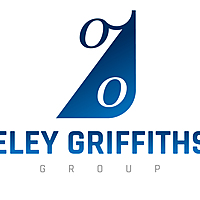


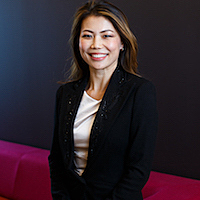
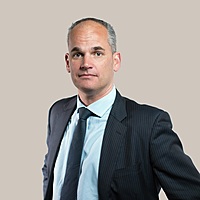
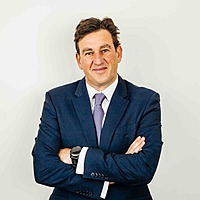
Is there a lesson you’ve learned as an investor that could help others?
Invest in what interests you and what you are passionate about. I have always been hopeful for a future that takes climate change seriously, so have targeted my share purchases to companies that will hopefully be successful in a changing economic climate.
For example, Calix, one of my largest holdings, is a company that seeks to improve carbon sequestration in cement production – not sexy stuff – but important in a decreasing carbon economy.
I have also invested in a clean lithium company, a company focusing on regenerative farming, a green hydrogen company, and many more. I hope these companies will be successful in the future, in a world that is taking climate change seriously. I think this explains my passion for the share market – it is about the future and I really like that.
Is there a topic that you want fund managers to write about?
Of course, I would like them to write more about individual companies, but I also understand that they can’t give away their good ideas. I think the fund managers on the site are very generous with the amount of information they provide. When I am either too old or tire of investing myself, I will put my funds with a couple of these young and inspiring managers.
Can you share a personal passion or ambition you have for your future?
I absolutely love being with my grandkids. I find them endlessly entertaining and funny. I would like to continue to be a share-trading Nanna so that I have reasonable capital to leave for them – that is very important to me – no “spending the kid's inheritance” for me!
Of course, I intend to have a nice lifestyle, but I have found that the older I get the less I need - I know, that sounds boring, but it’s true.

*Ann is a family member of a Livewire employee, and we thank her and all our Meet the Investor guests for sharing their investing stories.
Enjoying Livewire's Meet the Investor series?
If you enjoyed hearing about Ann's investing journey, please give this wire a 'like', and if you know someone who might enjoy the article, why not send them the link.
You can access more of our Meet the Investor interviews by clicking here.
We are looking forward to hearing from more of our readers in 2022. If you are interested in being profiled in our Meet the Investor series, contact us using the email address below:
content@livewiremarkets.com
1 topic
16 stocks mentioned
8 contributors mentioned


